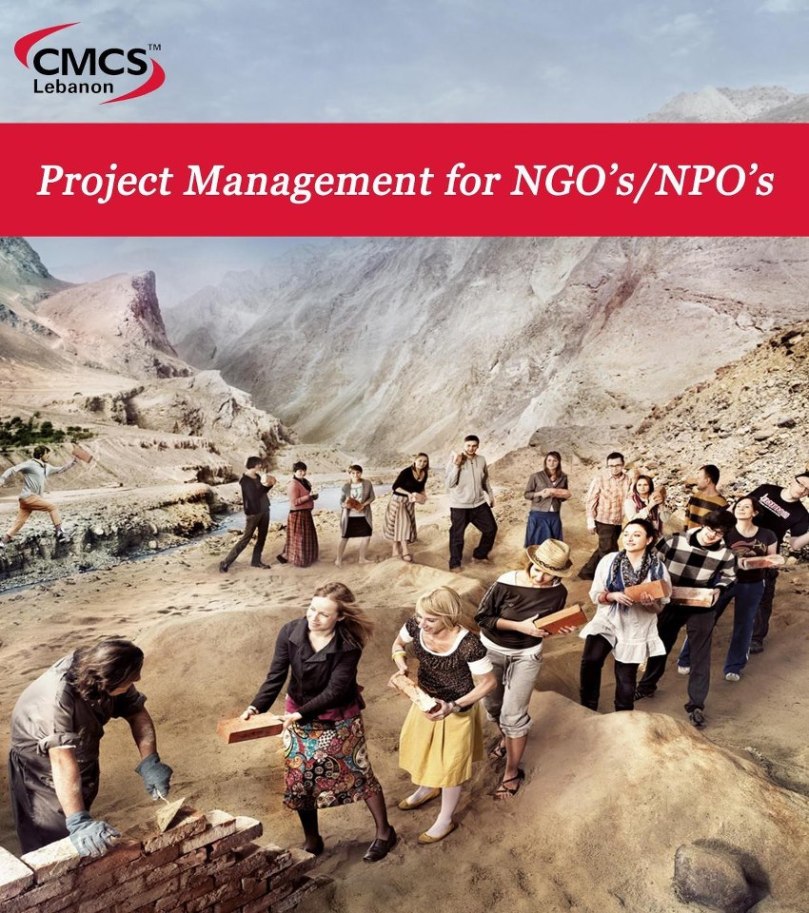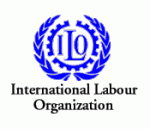Many times I get asked: What are NGOs? The answer is usually a bit more complex than you’d expect.
But before going into my own definition, let me share with you some definitions by some renowned sources. So here they are:
- “A non-governmental organization (NGO) is a legally constituted organization created by natural or legal persons that operates independently from any government.”- www.UN.org
- “A non-governmental organization (NGO) is any non-profit, voluntary citizens’ group which is organized on a local, national or international level.” – www.NGO.org
- “A nongovernment organization is an association which is based on the common interests of its members, individuals, or institutions has no governmental status or function, and is not created by a government, nor is its agenda set or implemented by a government.” – www.SIL.org
- “Private organizations that pursue activities to relieve suffering, promote the interests of the poor, protect the environment, provide basic social services, or undertake community development” – www.WorldBank.org
Now the problem is, none of the above is complete or accurate, here is why:
- The UN definition misses out that such organizations should have a cause for the benefit of the community and that they should be not for profit. According to UN definition, most private sector companies would fall under the category of “NGOs”, which is obviously incorrect.
- The NGO.org definition misses out that they should not be initiated, managed or has members of NGO bodies. Moreover, it limits the to “voluntary” work, while in reality there are thousands of NGOs that have paid staff.
- The SIL.org definition also misses out on the not for profit part, thus once again being an inadequate definition.
- The World Bank definition misses out on many factors. Their definition misses out on the fact that should not be initiated, managed or has members of NGOs, nor that they should be not for profit. Just to name a few that is.
In this context, after further research, discussions and meetings with stakeholders from NGOs, I’ve managed to identify the components that one can use as a checklist to check if the organization in study is an NGO or not. Here are the components or attributes if you’d like to call them so:
- Is a legal entity founded by natural or legal persons.
- Not initiated nor managed by any government.
- Doesn’t accept membership of governmental bodies.
- Works to fulfill community needs rather than profit, i.e. not for profit.
- Can be based on voluntary work, paid staff or both.
Using the above, I can assure you that you’d be able to clearly identify what is an NGO and what is not. You can put them in a definition as follows:
“An NGO is a legal entity founded by natural or legal persons that is not initiated nor managed by any government nor does it accept membership of governmental bodies. An NGO works to fulfill community needs rather than profit, i.e. not profit, and it can be based on voluntary work, paid staff or both.”
Thus, the following organizations are not, and should not, be considered as NGOs or labeled as such: UNDP, ESCWA, UNESCO, ILO, OPEC, FAO, Arab League.
I hope that clarifies the issue for you and I look forward to hear your feedback on the definition.









